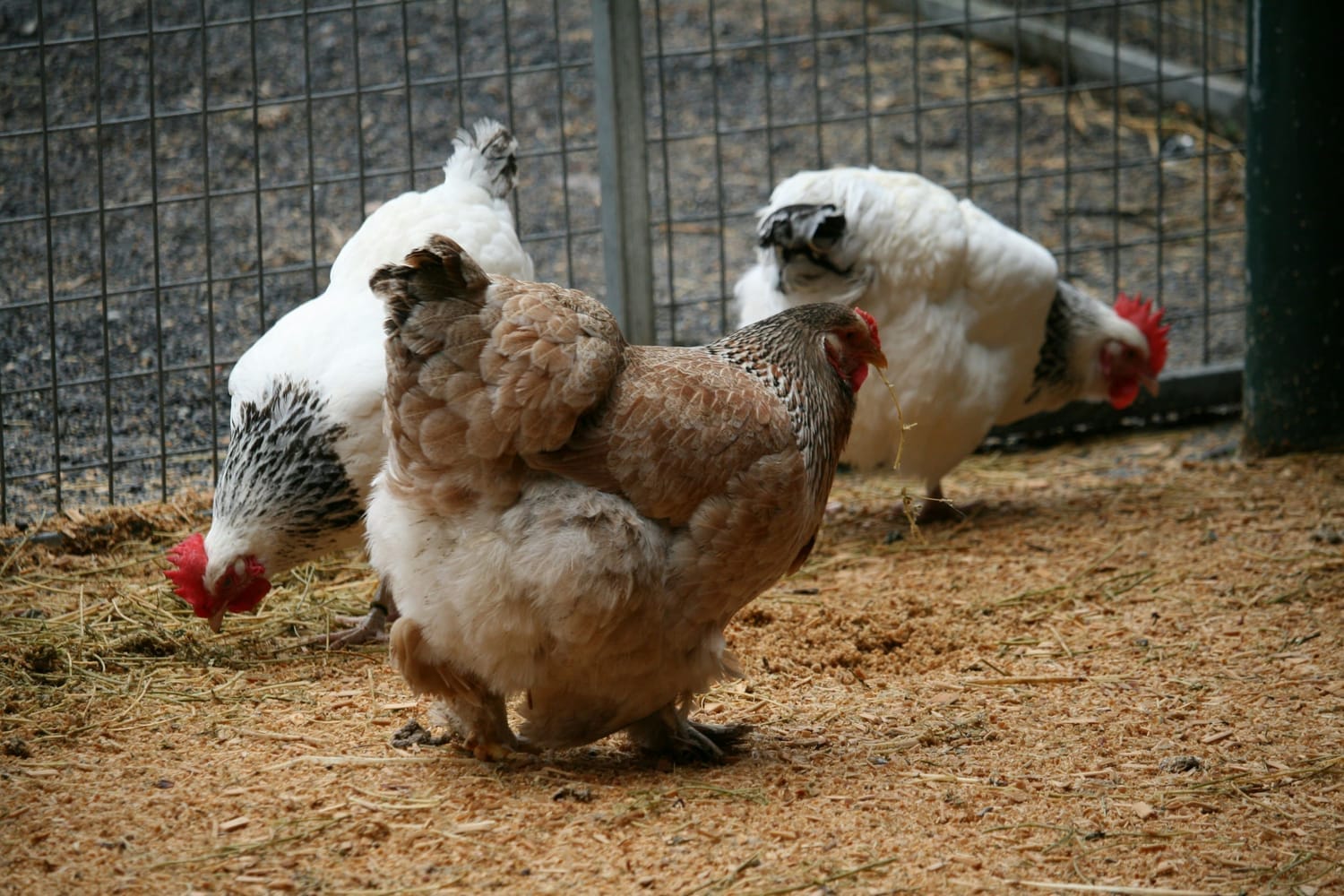
How to Boost Egg Production Naturally
Fresh, home-laid eggs are one of the best rewards of keeping chickens. But sometimes, your hens’ egg production can slow down due to age, season, or environmental factors. While it’s normal for hens to have cycles, there are safe and natural ways to help them lay more consistently without relying on harmful chemicals or unsafe methods.
1. Provide a Balanced and Nutritious Diet
The foundation of good egg production is proper nutrition. Chickens need a diet rich in protein, calcium, and essential vitamins. Layer feed is specially formulated for hens in production, containing the right blend of nutrients. You can also offer natural supplements such as crushed oyster shells for calcium and fresh greens for vitamins. Avoid feeding too many treats, as they can dilute the nutritional balance.
2. Keep Fresh, Clean Water Available
Eggs are made up of about 70% water, so hydration is critical. Make sure your chickens always have access to clean, fresh water. In colder climates, check waterers regularly to prevent freezing. In hot weather, keep the water cool and replace it often to encourage drinking.
3. Ensure Adequate Light
Hens need around 14–16 hours of daylight for optimal laying. During shorter winter days, egg production often drops naturally. You can safely supplement light in the coop using a low-watt LED bulb on a timer, set to turn on early in the morning rather than late at night. This gentle extension of daylight can help maintain production without stressing your flock.

4. Reduce Stress in the Flock
Stress can have a direct impact on laying habits. Factors such as overcrowding, sudden changes, predator threats, or aggressive flock mates can make hens stop laying. Provide enough space in the coop and run, offer hiding spots, and maintain a calm, stable environment to keep stress levels low.
5. Keep the Coop Clean and Comfortable
A clean and well-ventilated coop helps prevent disease and keeps hens comfortable. Dirty nesting boxes can discourage hens from laying there, while damp bedding can create health problems. Regularly replace bedding, clean nesting boxes, and ensure good airflow without creating drafts.
6. Let Hens Forage Naturally
If possible, allow your chickens some free-range time in a safe area. Foraging lets them eat insects, grass, and seeds, which boosts nutrition and keeps them active. This natural diet variety can contribute to healthier, more productive hens.
7. Respect Natural Laying Cycles
Even with the best care, hens naturally slow down during molting or as they age. Support them through these periods with good nutrition and care, and they will often return to laying when their bodies are ready.




